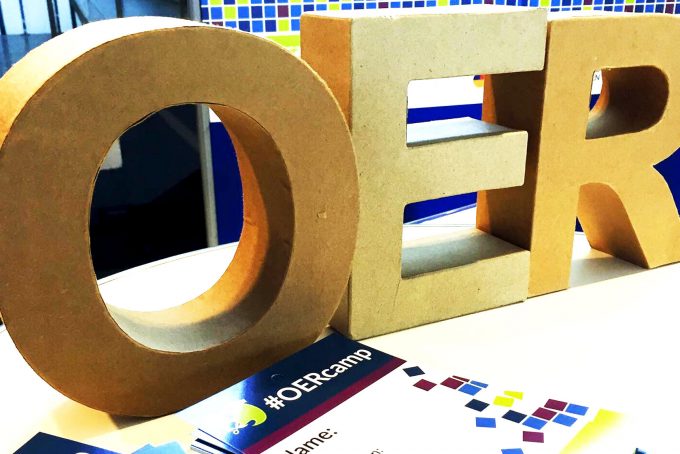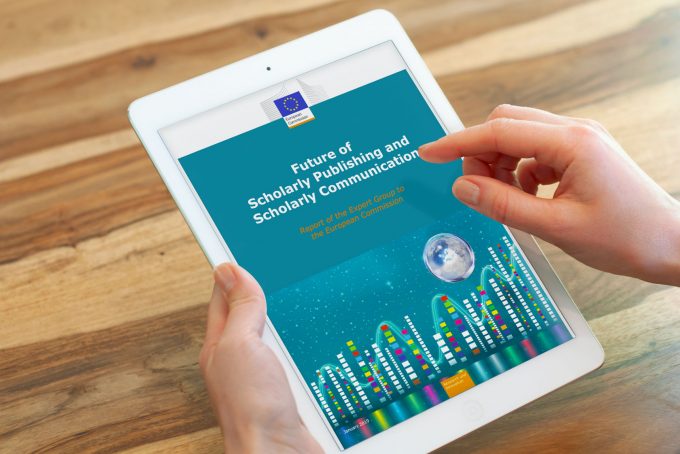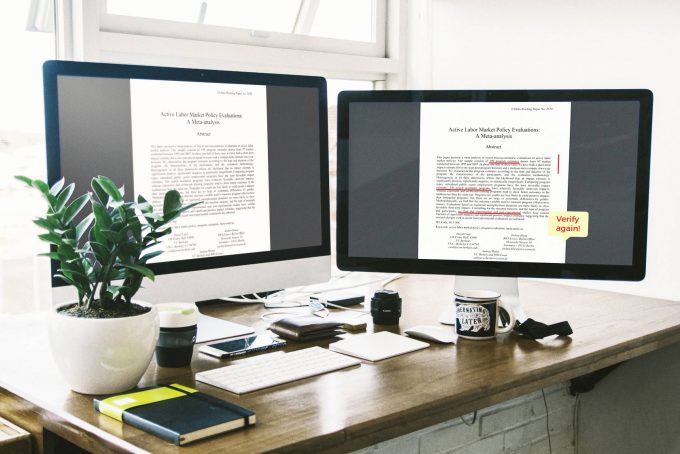
10 Years of OERcamp: Community Get-together on Digital and Open Educational Resources
The first OERcamp in Germany was held in 2012. The aim was to offer a discussion forum and practical learning for all educational fields and areas of work. In this post, organiser Kristin Hirschmann takes a look back at a decade of Barcamps on Open Educational Resources. She gives an insight into the milestones, her experiences and tips for getting started in OER.
An interview with Kristin Hirschmann
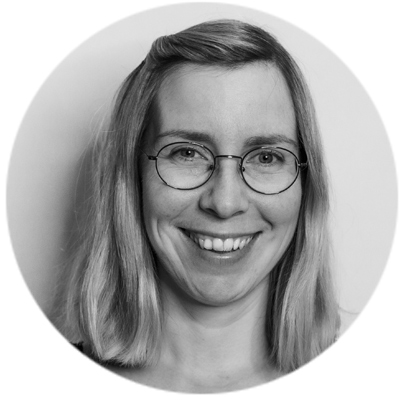
Around ten years ago, the first Barcamp to focus especially on the topic of Open Educational Resources (OER) was held in Germany. For the anniversary event in October 2022 there were 446 registrations, 19 workshops, 56 Barcamp sessions, 235 minutes of video, keynotes and live podcasts ranging from Austria to New Zealand.
In this interview Kristin Hirschmann, project manager of the OERcamps organised by the J&K – Jöran und Konsorten training agency, reports on the development of the Barcamps and further OERcamp formats.
The anniversary OERcamp took place in autumn 2022 in Hamburg. Which topic did the community explore in particular?
At the OERcamp in October 2022, the main focus was on the OER strategy of the federal government, introduced in the summer by Jens Brandenburg, parliamentary state secretary at the Federal Ministry of Education and Research (BMBF). The third day of the OERcamp was therefore completely dedicated to the strategy: Stakeholders of the OER community discussed and reviewed the different areas of activity of the strategy. We also made it possible for members of the OER community who were not able to be present at the OERcamp to comment on the results realised at the event. This commentary phase took place during the two weeks following the event via a collaborative document; 100 contributions were also added.
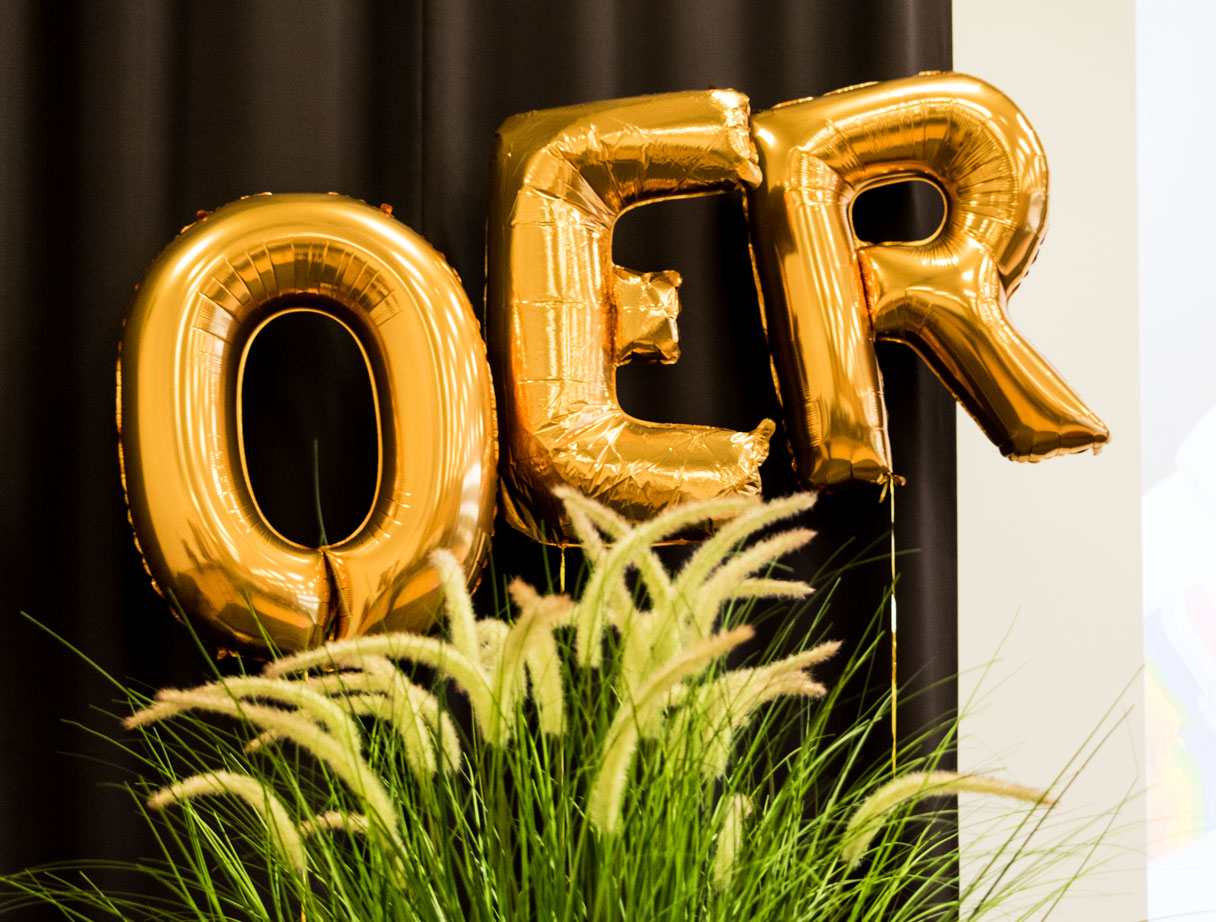
By agency J&K – Jöran und Konsorten for the OERcamp 2022 under CC BY 4.0
What’s more, after almost 3 years without face-to-face events, people felt it was important to bring the community together in one place. I received this feedback from many participants: the personal networking and exchange was even more important.
What were the milestones during ten years of OERcamp?
The first OERcamp took place at Bremen University in 2012. Since then, the OERcamp format has developed further according to current requirements: An OERcamp took place in Berlin every year until 2016. In 2017 there were then two innovations: the OERcamp was extended to four events for the first time: in the north, east, west and south. The OER Award was also established to select the best open educational materials in German-speaking countries. In 2018, the principle of one OERcamp in each of the four points of the compass in Germany was established. In 2019–2020, the OERcamp formats were refined so that the 5 aims of the OERcamp (qualification of OER, OER mainstreaming, networking and exchange, creation of specific materials and enabling a culture of sharing) could be implemented even more successfully. This means that alongside the participatory format of the Barcamp, there are now OERcamp workshops that focus on the creation and publication of OER as well as small, compact OERcamps that are affiliated to other events.
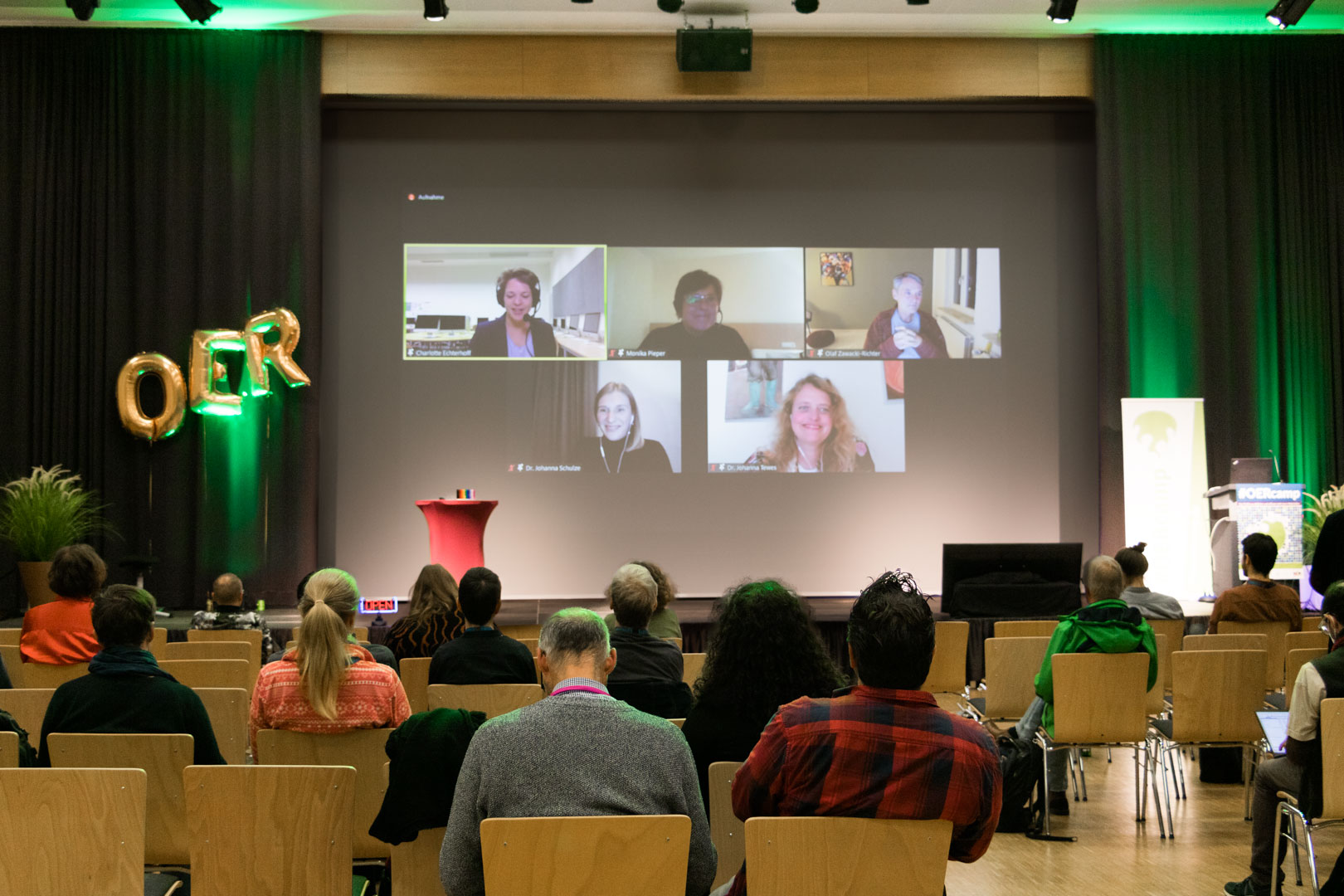
By agency J&K – Jöran und Konsorten for the OERcamp 2022 under CC BY 4.0
In 2020, the OERcamps were held in a virtual format owing to the coronavirus pandemic. With online formats such as the OERcamp webtalks or the OERcamp SummOERschool, we were able to respond to the urgent need of teachers to find, use and create digital teaching and learning materials quickly.
Further milestones that we were pleased about were the „Open Innovation Award 2020“(German) of the OE Awards Committee of “Open Education Global” at the 2020 OERcamp, the recognition of the work of the OERcamps with the 2020 EDUCAUSE Horizon Report the first international OERcamp in December 2021, OERcamp.global. This was, moreover, the first 48-hour festival on OER, and received 1063 registrations from 87 countries.
What makes the OERcamp so unique in your opinion?
At the OERcamps, I am struck time and again by the participants, who are exceptionally enthusiastic. Of course, this comes on the one hand from the participatory format of the Barcamp. On the other hand, the formats of the OERcamp, such as the OERcamp workshop, are very needs-based and offer many more programmes than the participants can use: the participants therefore need the courage and openness to decide what they need for their personal OER journey from the abundance of programmes.
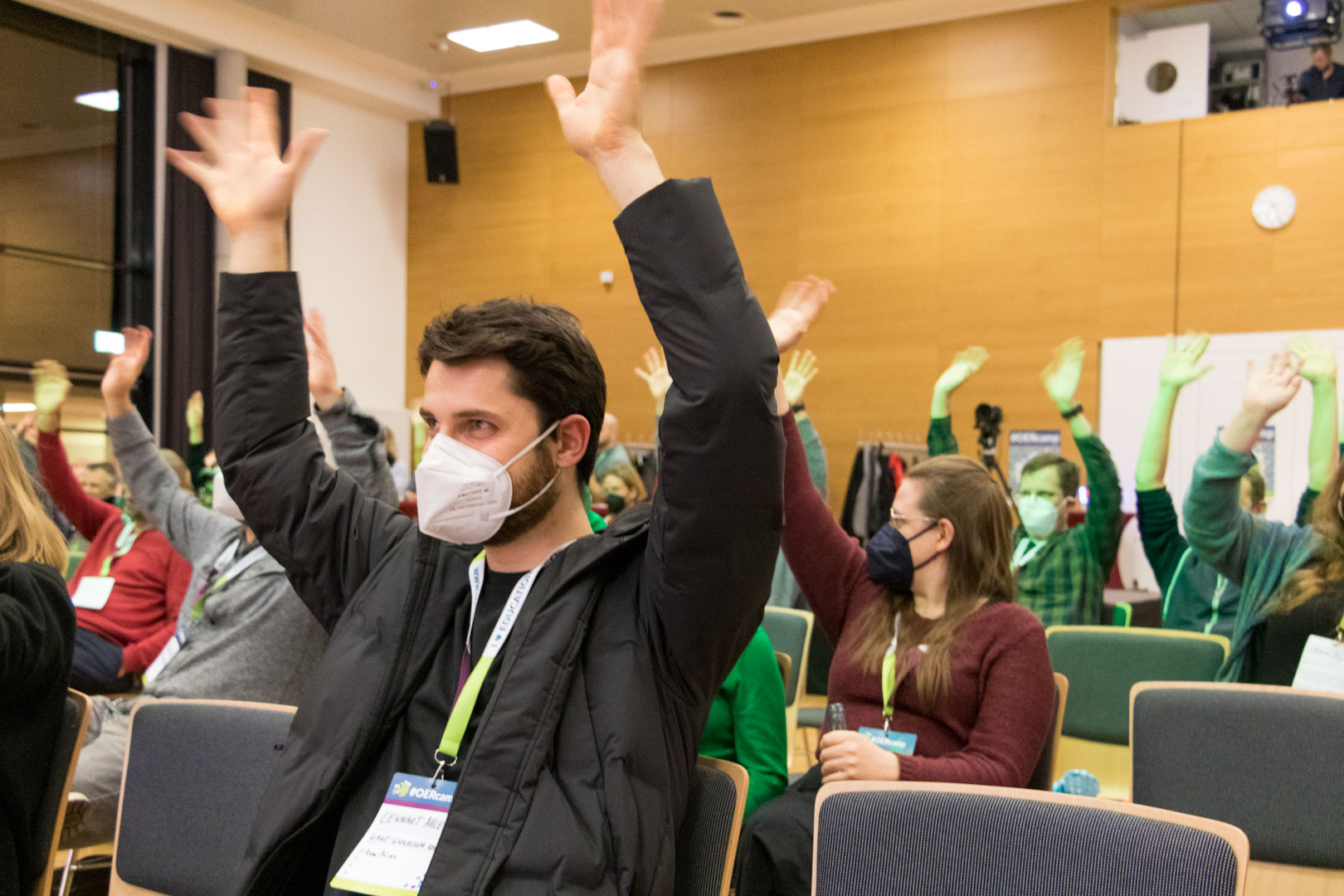
By agency J&K – Jöran und Konsorten for the OERcamp 2022 under CC BY 4.0
I also enjoy the great mix of people: those who are attending the OERcamp for the first time, and OER connoisseurs and pros. Experience has shown that around half the participants at the events are OERcamp newbies. The exchange that takes place there is very fruitful and also serves the aim of making OER accessible to a wider group of people.
In the OERcamp workshop, great focus is placed on the creation as well as the publication of OER. This is owing to the concept, because OER newbies receive a low-barrier start to working with OER thanks to the concrete utilisation of OER. This very specific learning-by-doing thereby enables them to experience the culture of sharing. I find this experience in particular a very important basis for continuing to engage with OER, and therefore also using the potentials of the OER community. The fact that we promote this active engagement with OER through the OERcamp format is something special, in my opinion.
The members of the OER community are not merely participants at an OERcamp who consume one-sidedly, but also central components who give input, ensure exchange and networking, thereby also ensuring the further development of OER and its dissemination.
Are there comparable events at international level?
From an international point of view, OER has even greater relevance than in German-speaking countries. The CC summit of Creative Commons, the Open Education Global Conference with the Open Education Week, the Open Education Policy Forum, the OER22 Conference, the Open Science Conference and the OpenEd are just a few events that focus on OER. At the events, it also becomes clear that OER plays a role on all continents. There is even more value placed on OER as a correct step towards more educational fairness and, above all, equity and social inclusion.
What are your tips for employees in libraries who want to get started with OER?
There is already a wide range of materials available for getting started in OER. This includes the #OERklärt video series (German), which explains the OER basics. This is published via OERinfo (German), the information centre for Open Educational Resources. The platform iRights.info (German) focuses on OER from a legal perspective. And the OERcamps themselves have published diverse materials that can also be further used. The campus of the OERcamps (German), for example, offers 12 online courses with know-how on OER. These include “100 great sources for OER”, “videos and audios as OER” or “online courses with and as OER”.
For librarians in particular, I recommend Fachstelle Öffentliche Bibliotheken NRW (German) – which emerged from the “oebib” blog, which has already been very active since 2015.
This text has been translated from German.
This might also interest you:
- Website of the OERcamps with information from the meeting for OER practitioners
- OER Strategy of the Federal Government – Free Educational Materials for the Development of Digital Education (German, OER-Strategie der Bundesregierung – Freie Bildungsmaterialien für die Entwicklung digitaler Bildung)
- Recommendation of the OER community on the OER strategy of the BMBF (PDF, German, Empfehlung der OER-Community zur OER-Strategie des BMBF)
- #OERcamp 2020: Making Open Educational Resources an Experience
- #OERcamp 2019: A New Workshop for Open Educational Resources Evolves out of the Barcamp
- #OERcamp Nord 2017: Open Educational Resources in Practice
- Open Educational Resources: Getting Started in OER in the User Services – Best Practice from the ZBW
- Tips and Best Practices: How Libraries Digitise Their Learning Opportunities
- Open Educational Resources: How the EconBiz Academic Career Kit Trains Open Science Skills
- OER Guidelines and Tutorials: How to Create Open Educational Resources
- Promoting OER: How to Create an Open Textbook
- Making Open Educational Resources Locatable: The OER-Hörnchen Search Tool
Kristin Hirschmann is a cultural and educational scientist. She works as project manager for the J&K – Jöran und Konsorten (German) training agency – a “think and do tank” for contemporary training. In this context, she designs and organises educational events for all educational fields and works in a content-related capacity on the topic of Open Education/Open Training.
Portrait: Kristin Hirschmann©
View Comments
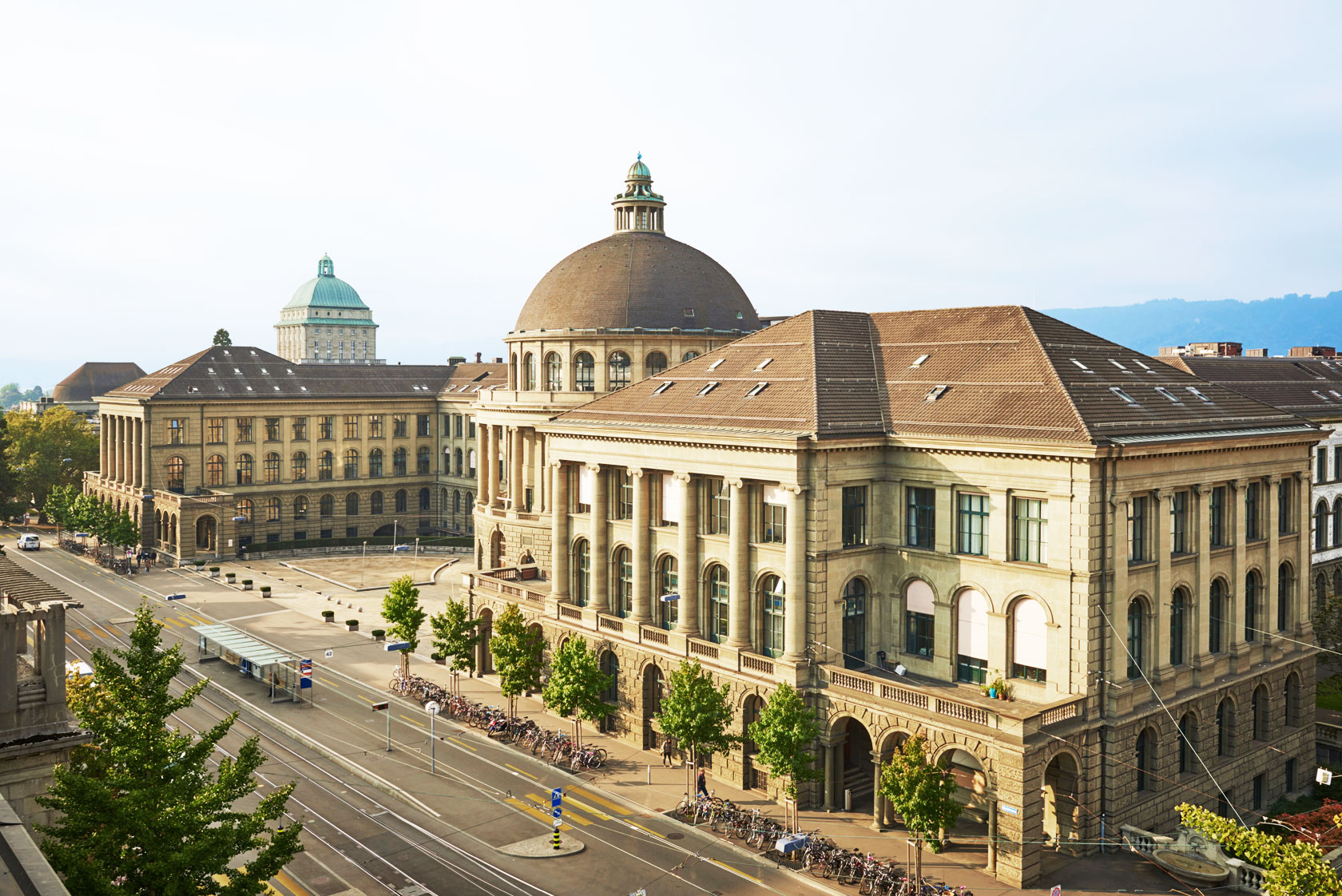
Social Media in Libraries: Best Practice of the ETH Library in Zurich
The ETH Library is the largest public science and technology library in Switzerland...

